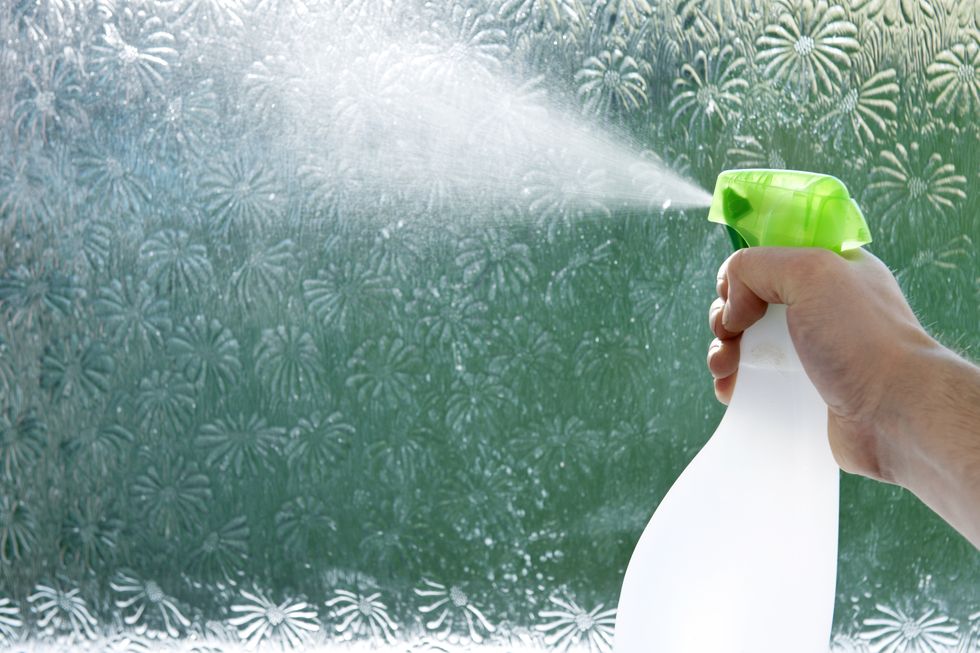
Did you know that peppermint oil, an everyday item in your pantry, could be the solution to your spider woes? Packed with aromatic potency, peppermint oil is gaining popularity as a natural remedy to repel spiders. Although the science behind it is still emerging, anecdotal evidence is strong.
1. The Spider Conundrum: An Overview
Among the numerous creatures that inhabit our homes, spiders are one that most people wish to evict. Their eight-legged anatomy and peculiar movements can be unsettling to many, making them unwelcome guests. While in places like the UK, the spider species are generally harmless and petite compared to their counterparts in more exotic locations, their presence can still be unpleasant.
2. Peppermint Oil: The Natural Spider Deterrent
Peppermint oil, an essential oil derived from the peppermint plant, is renowned for its robust aroma. This strong scent, while refreshing to humans, is disliked by spiders. This aversion makes peppermint oil an excellent natural spider deterrent.
3. What Does Science Say?
Scientific research on the effectiveness of peppermint oil for spiders is sparse. Most of the evidence comes from personal experiences and observations. However, some theories suggest that the strong smell of essential oils, including peppermint oil, is unpleasant to spiders. Spiders rely on their legs for smelling and tasting, so the intense scent of peppermint oil could be deterrent enough for them.
Additionally, essential oils like peppermint contain monoterpenoids, which are known to have fumigant properties. A 2010 study suggested that monoterpenoids could contribute to the insecticidal properties of essential oils.
Another 2010 thesis found that peppermint oil could repel Argentine ants for up to a week after application. The study concluded that essential oils could be a viable alternative to chemical repellents, as they can deter not only Argentine ants but also other home invaders, such as spiders.
4. Using Peppermint Oil: A DIY Spider Repellent
Creating a spider repellent using peppermint oil is quite simple. Here is a step-by-step guide:
- Prepare your materials: You’ll need a 16-ounce spray bottle, peppermint oil, water, and dish soap.
- Create the mixture: Add about five drops of peppermint oil to the bottle. Fill the rest of the bottle with water. Add a shot of dish soap to the mix. Shake well.
- Apply the spray: Spray this mixture around doors, windows, and any dark corners where spiders may be lurking.
This peppermint spray needs to be applied more frequently than conventional insecticides. Try spraying once a week initially. If spiders reappear before the week ends, you may need to spray every few days.
5. Other Ways To Use Peppermint Oil
You can use peppermint oil in several other ways to deter spiders. For instance, placing peppermint plants strategically inside and outside your home can help repel spiders. Sprinkling peppermint leaves in areas overrun by spiders could also prove effective.
6. Precautions When Using Peppermint Oil
Although generally safe in small quantities, peppermint oil does contain menthol, which can cause skin irritation. Inhaling large amounts of peppermint oil may lead to side effects such as dizziness, confusion, muscle weakness, double vision, and nausea.
Always dilute peppermint oil before use and exercise caution when spraying it inside your home. Avoid spraying large areas at once. Opt to spray small sections at a time and keep your windows open for fresh air circulation.
Pet owners should note that mint is toxic to dogs and cats. Even inhaling mint can cause severe symptoms. If you have pets, avoid using peppermint oil unless it’s in an area your pets can’t access.
7. Other Natural Spider Repellents
Apart from peppermint oil, several other essential oils are believed to repel spiders. These include:
- Lemon oil
- Eucalyptus oil
- Lavender oil
- Tea tree oil
- Citronella oil
Cedar mulch spread around your home could also deter spiders and other insects. Placing sticky glue traps, typically used for flies, in areas where you’ve spotted spiders could also aid in their capture.
8. Traditional Spider Removal Methods
Conventional methods of spider removal involve the use of insecticides or hiring professional pest control services. Some common ingredients used to kill spiders in these methods include Carbaryl, a pesticide that disrupts spiders’ nervous systems, and Pyrethrins and Pyrethroids, natural and man-made insecticides derived from chrysanthemum flower extract, respectively. Here is some more information about commercially available spider sprays.
9. Spider Prevention: A Long-Term Strategy
The most effective way to keep spiders at bay is to make your home less attractive to them. This can be achieved by:
- Regular dusting and vacuuming, especially around baseboards, windowsills, and corners
- Removing visible cobwebs and spider egg sacs
- Getting rid of leaf piles, compost piles, and debris piles near your home
- Storing firewood as far from your home as possible
- Ensuring window screens and doors are well-sealed
- Caulking any cracks in your home’s foundation
10. Expert Assistance for Spider Problems
While peppermint oil can be effective in controlling minor spider issues, severe infestations, or problems with venomous spiders may require professional help. Banner Pest Services is here to help keep your Bay Area home safe and spider-free. Contact us today for a free quote!
Remember, patience is key when using peppermint oil for spiders. It may take some time to see results. However, this natural solution could be an excellent first step in making your home a no-spider zone!


